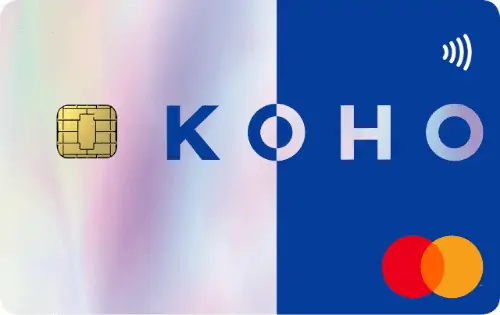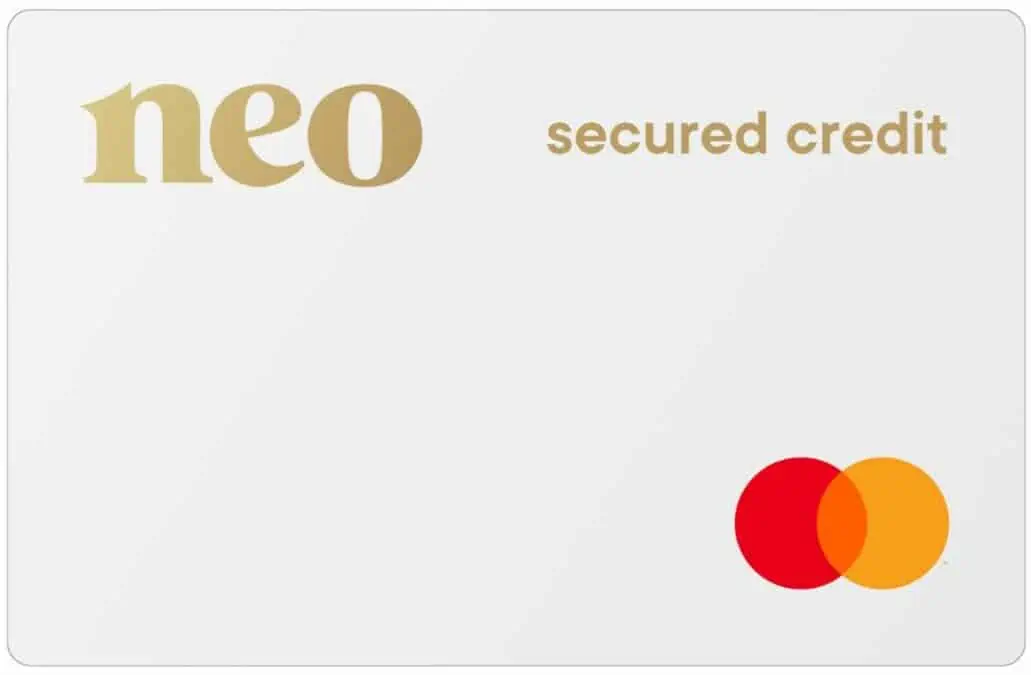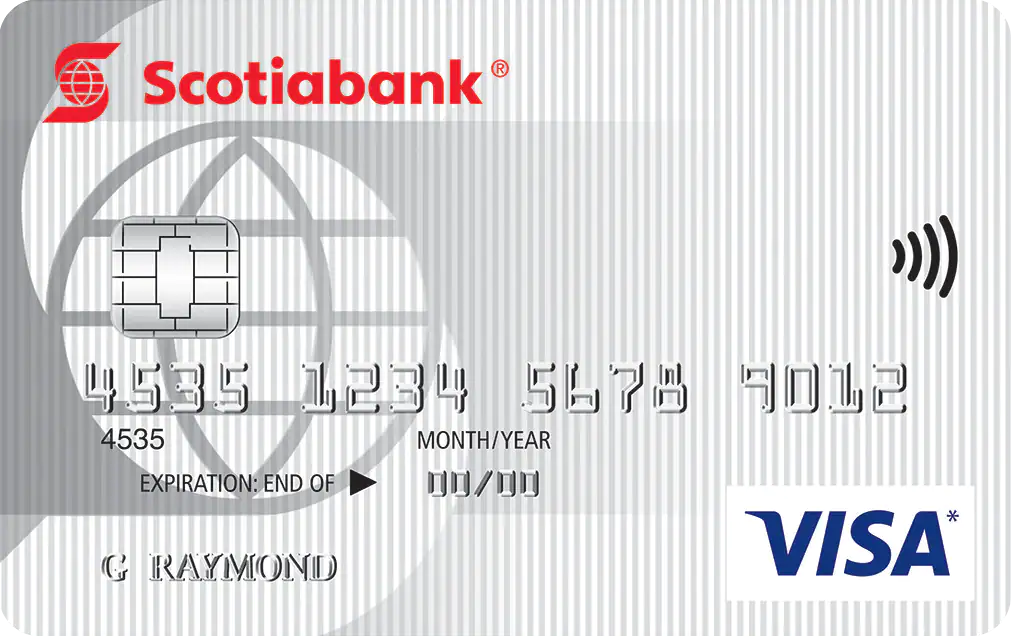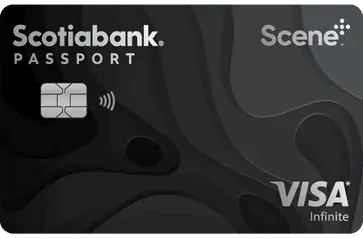Key Takeaways
- To calculate your credit score, credit bureaus consider your payment history, the amount owed, length of credit history, credit mix, and recent credit accounts or applications.
- Your payment history impacts your credit score the most, with a 35% weighting.
- You can check your credit score online for free using Equifax, Borrowell, Clearscore, Credit Karma and Loans Canada.
Have you ever wondered about how your credit score is calculated? You are not alone!
If you have ever applied for a credit card, personal loan, car loan, or mortgage, then you must know that the lender pulled up your credit bureau file and used your credit score to assess your creditworthiness.
The higher your credit score, the easier it is to qualify for credit at a competitive interest rate.
This is how your credit score is calculated
The score that you get when you purchase your credit score directly from the two major bureaus – TransUnion and Equifax – may be different from the score that individual lenders compute when they assess your credit file.
Factors usually considered by lenders and credit bureaus when calculating credit scores are similar. In general, numerical weights are applied to various aspects of your credit file, and a formula is used to compute the final credit score.
The lender may calculate the score in-house or use a vendor’s services, such as FICO.
Five criteria utilized by FICO (a major credit score vendor used by most financial institutions) include:
1. Loan Repayment History (35%)
This makes up 35% of your credit score, making it the most important factor when credit scores are concerned. This criterion looks at how you have been paying off the debt owed on your credit cards, car loans, line of credit, cellphone bills, etc.
Do your payments come in late? Any delinquencies? Bankruptcy? Missed payments? Debts in collections? Liens? And so on. Paying your bills on time, all of the time, is a good maxim to live by.
2. Total Amount Owed (30%)
This comes in second place in the order of importance and determines 30% of your credit score. This criterion looks at how much you owe across the board and how easy it is for you to pay what you currently owe. Additionally, it assesses your current debt-to-credit ratio.
If your credit utilization ratio is very high, it may hurt your score. Keeping your credit balance at 35% or less of your credit limit looks better to lenders. For example, if you have a credit card with a credit limit of $1,000, try to keep the outstanding balance below $350.
3. Length of Credit History (15%)
When you have used credit for a long time, lenders can better assess your creditworthiness, for good or bad. If you don’t have a credit history, lenders have nothing to work with and cannot assess your creditworthiness.
This is why people new to credit always start with a lower credit score. The longer you use credit responsibly, the better your credit score. This is one reason why it may not be advisable to close old credit card accounts.
Borrowell Free Credit Check

Free Equifax credit score
Apply online in 3 minutes
Also includes free access to your credit report
Optional services include using rent payments to build credit
Related: How to Improve Your Canadian Credit Score Fast
4. New Credit Accounts and Applications (10%)
When you apply for new credit, lenders make what is known as a “hard inquiry” on your credit file, which is reflected in your credit history. The number of recent credit accounts or inquiries and their frequency will impact your credit score.
If you have many inquiries within a short period, lenders may assume that you are having financial difficulties and, therefore, pose an increased credit risk.
Inquiries made by you, such as when you request your credit score or report, are referred to as a “soft inquiry” and do not impact your score in any way.
5. Credit Mix (10%)
This makes up 10% of your credit score. A diverse mix of credit, such as a mix of credit cards, lines of credit, mortgages, and personal loans, will impact your score positively if you are in good standing.
Other Details
Credit scores are now available for free from financial technology companies in Canada, including Borrowell, Clearscore, and CreditKarma. Generally, the credit scores you will receive from these sources are ranked as follows:
- 760 – 900 → Excellent
- 725 – 759 → Very Good
- 660 – 724 → Good
- 560 – 659 → Fair
- 300 – 559 → Poor
Also Read:







